Thus says the Lord,
who makes a way in the sea,
a path in the mighty waters,
who brings out chariot and horse,
army and warrior;
they lie down, they cannot rise,
they are extinguished, quenched like a wick:
Do not remember the former things,
or consider the things of old.
I am about to do a new thing;
now it springs forth, do you not perceive it?
I will make a way in the wilderness
and rivers in the desert.
The wild animals will honor me,
the jackals and the ostriches;
for I give water in the wilderness,
rivers in the desert,
to give drink to my chosen people,
the people whom I formed for myself
so that they might declare my praise.
It is said the Lord does not change, that he is the same yesterday, today and forever. Certainly, there is comfort there; God is viewed as steady, unmovable, trustworthy. We can recognize his movements in the present and the future because his actions find their antecedents in the past. Thus God can guarantee to Abram the imminence of the promised child because God is the one “who brought you up out of the land of Ur of the Chaldees,” or God can promise his continued presence with Israel as they enter Canaan by reminding them of God’s role in rescuing them from Egypt and provision in the desert. Even here, in this week’s reading, there are allusions to Israel’s sojourn in the wilderness. God’s words through Isaiah challenge this notion of changelessness when God says, “Do not remember the former things, or consider things of old. I am about to do a new thing…” They are borderline heretical in that they challenge the unchanging character of God. Should we not remember the former things, should we no longer remember God’s promises, do these not matter?
But it is impossible for God to be a heretic. These words are reminders that God does not always conform to contrived categories of divinity. God does indeed change; God affords itself the ability to be different, to try something new, to be something new. There is risk in change, it implies uncertainty, mystery but also potential. The second part of the quoted text reads, “I am about to do a new thing; now it springs forth, do you not perceive it?” I wonder if we are more prone to meet the new thing in God with fear and rejection? Perhaps we would not notice it at all; it looks nothing like God, fulfills none of our expectations of divinity. Both were present at Jesus’ trial - the religious condemned Jesus because they feared this new thing of God; Pilot and the Romans mocked Jesus, they did not recognize God, he was just a man to them. I wonder if, when God made his intentions known to Isaiah, God knew what change would require of him? Did he know he would be a man, did he know man well enough to expect their fear and rejection? Was it surprising to God that his willingness to change would lead to his own death by the ones he changed for? Maybe the new thing is not fear, rejection and death - they are former things, things of old. Maybe the new thing is life after death, do we not perceive it?

